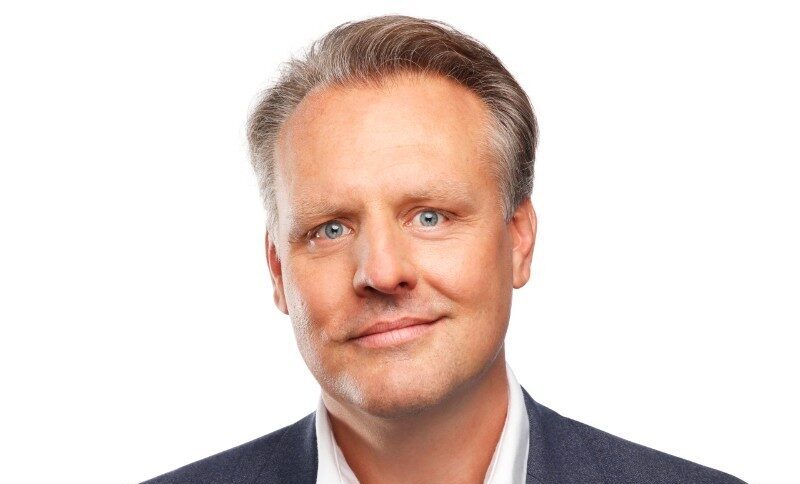COMMENT Several million people in the UK live in a building that is looked after by a residential property management company. For the most professional firms in the sector, this means taking responsibility for everything from communal area maintenance and repairs, and keeping homes safe, through to much more complex tasks, such as responding to building safety legislation, compliance and building asset management.
This work is carried out across the full spectrum of residential properties, from housing estates and blocks of flats to multi-amenity developments and luxury high-end developments.
The industry is undergoing a seismic shift as it responds to customer demands and embraces technological change that is long overdue. Historically, due to the legislative set-up of developments and estates, the work carried out by property management firms was more transactional in nature – a more ‘business-to-business” approach, whereas now with increasing levels of involvement from the residents themselves via resident management companies, old operating models need to adapt and modernise and we are seeing a much more customer-centric approach.
Fit for purpose
Areas most in need of improvement include proactive communication with residents, information triage and speed of engagement, as residents rightly demand improved response rates and greater transparency surrounding costs and the progress of the respective jobs being carried out on their properties. The speed of change is likely to be accelerated by the proposals contained within the Leasehold and Freehold Reform Act when they take full effect.
In order to be a modern, fit-for-purpose property manager that can meet these evolving expectations, industry leaders need to invest heavily in the improvement of internal systems and processes and to embrace technology.
At FirstPort Group, the response has seen investment across the business and resulted in the recent update of its customer portal which allows residents to notify FirstPort immediately of any maintenance issues, track the status in real time and access all their documents in one place. With more than 3,000 staff and around 6,000 developments under management, the updated platform has resulted in a much better link between the customer service support teams and property managers on the ground. More than half of our customers are now signed up, meaning we can support customers better.
Ensuring employee development keeps pace with innovation will be key to making sure all FirstPort staff have the skills that are needed to deliver a 21st century service. To this end, we have introduced an in-house training programme to ensure that all our employees have a minimum TPI Housing & Property Management Level 2 qualification. All of this will, in turn, make the property management sector a more enticing proposition for people seeking a rewarding career.
Eco-conscious drive
I have no doubt that over the next few years artificial intelligence will also become an important part of property management, whether it’s using AI to monitor the effectiveness of equipment used within a building (for example lifts and LED lights) or to improve the customer service experience through faster and more efficient data and information processing.
Also, sustainability is a core business imperative. Residents and clients are increasingly eco-conscious, seeking properties with energy-efficient features and sustainable practices. Property managers can play a key role in driving this green agenda, advising landlords on energy-saving upgrades, implementing waste-reduction strategies and promoting sustainable living within their managed properties.
Block mentality
We are moving away from “block mentality” – focused solely on managing the interior of a building – and on to a more holistic approach in order to manage the entire development through its life cycle. We apply this holistic approach throughout all stages of a building’s life: from application of build through to mobilisation and, finally, to sustainability of development. And we are seeing this change across all of our client base too.
Looking ahead, the future of residential property management lies in a comprehensively qualified workforce, embracing technology, navigating complex regulations and providing an increasingly personalised, customer-centric service.
The old notion of linear transactional relationships with customers is being turned on its head, and today’s property managers must be strategic thinkers, tech-savvy advisers and customer service professionals, all rolled into one. Those who can adapt to these evolving demands will thrive and help set the agenda for a more professional industry in years to come.
Martin King is managing director at FirstPort Group











